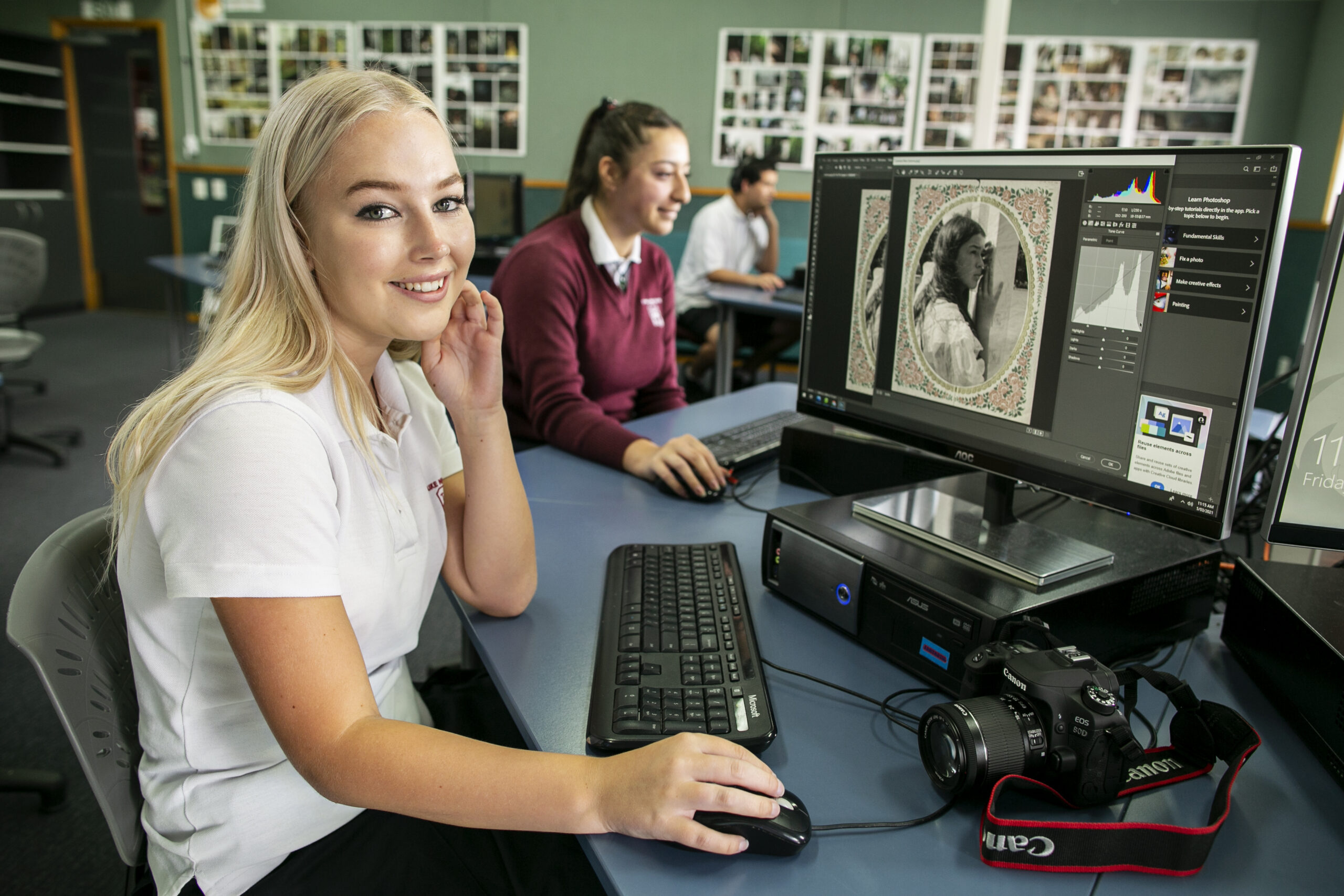
Within a Supportive Learning Environment, our Students are Expected to Take Responsibility for their Learning and Achievement.
Over the last 20 years MRI scanning has allowed scientists to develop a better understanding of what happens inside the brain when learning occurs. Added to this, educational research now gives teachers a much better understanding of how learning occurs.
From the research we know that quality learning occurs when it is:
Personalised
Each person brings a different prior knowledge to the learning experience and learns new knowledge and skills in different ways. The way we learn is as unique as our fingerprint.
Socially Constructed
When students work together through collaboration, peer-tutoring and reciprocal teaching this results in a deeper understanding of the material being covered.
Differentiated
Each student comes into a learning activity with a different prior knowledge. This means they each require different levels of content, context, challenge and pace.
Student Initiated
When a student initiates a learning experience or exploration, they learn more.
Connected
When a student connects their learning to the real world in an authentic manner.
At Te Puke High School we are meeting this challenge by placing our students at the heart of our school. Within a supportive learning environment, our students are expected to take responsibility for their learning and achievement. Through this approach our students develop as confident, connected and competent 21st Century learners.
Te Puke High School is small enough to care and large enough to compete.
“Teachers have established positive and respectful relationships with students. They are continuing to reflect and refine on their approach to teaching and learning within the open learning areas and environments.” ERO Report, 2015
